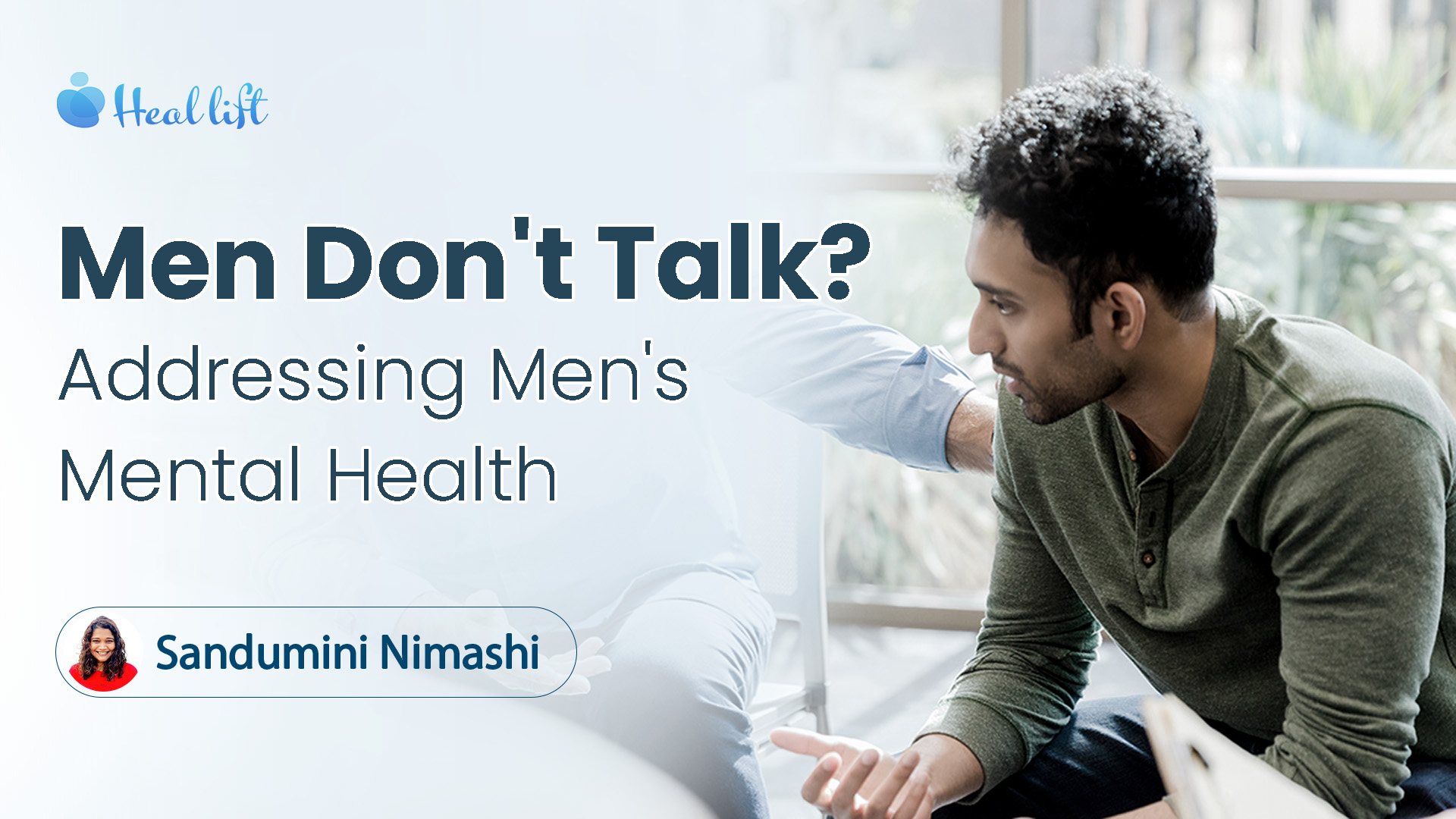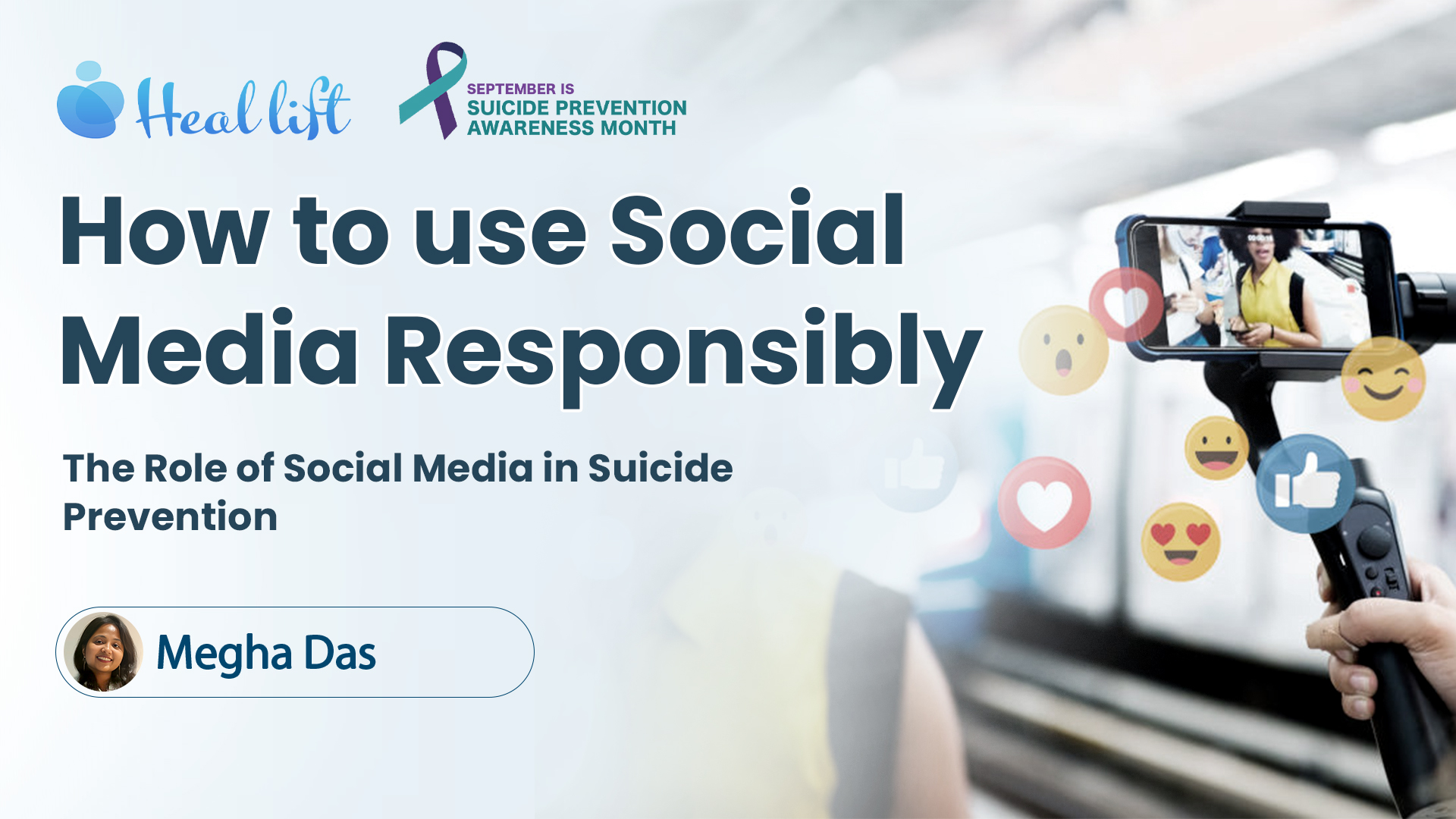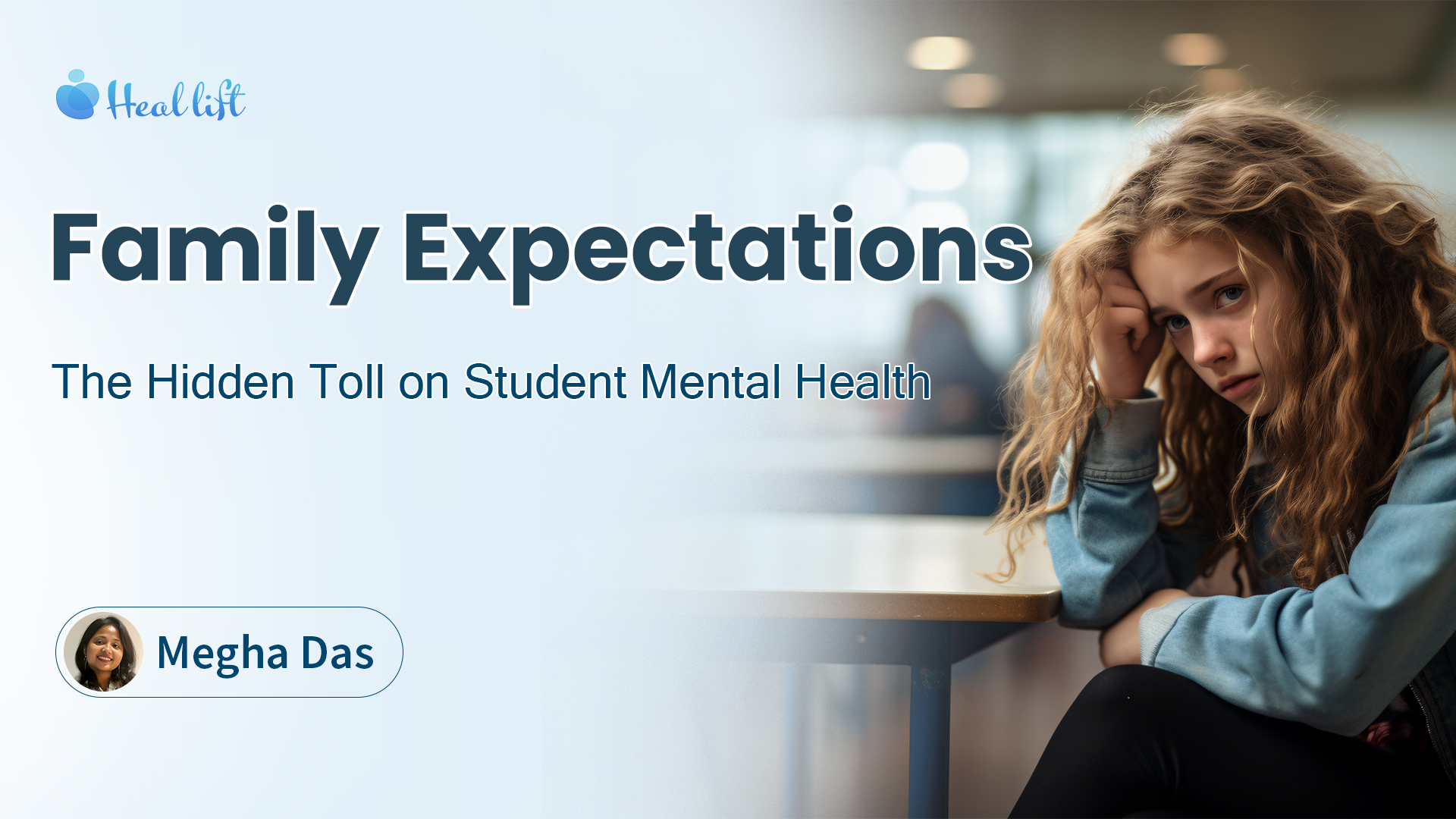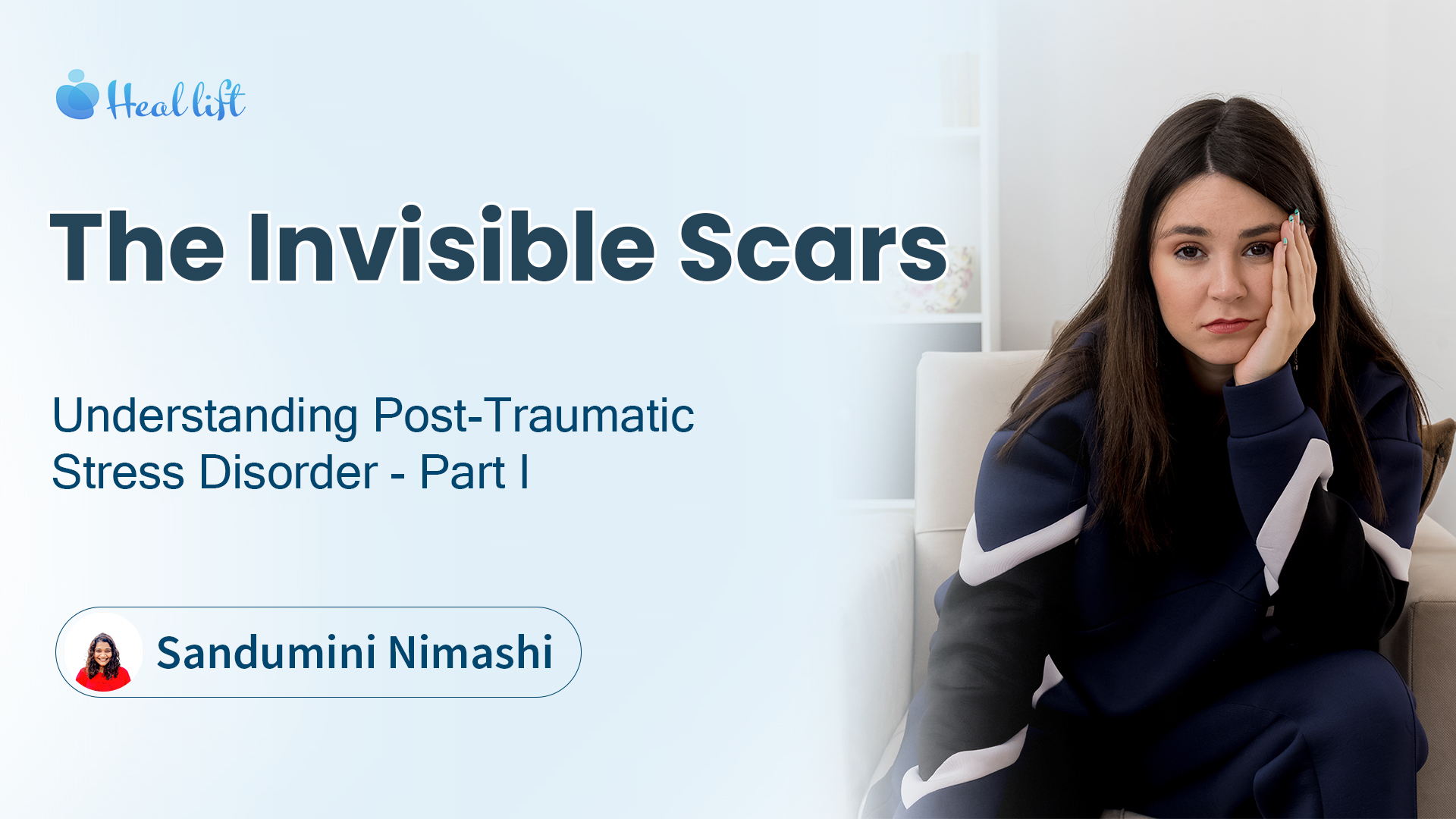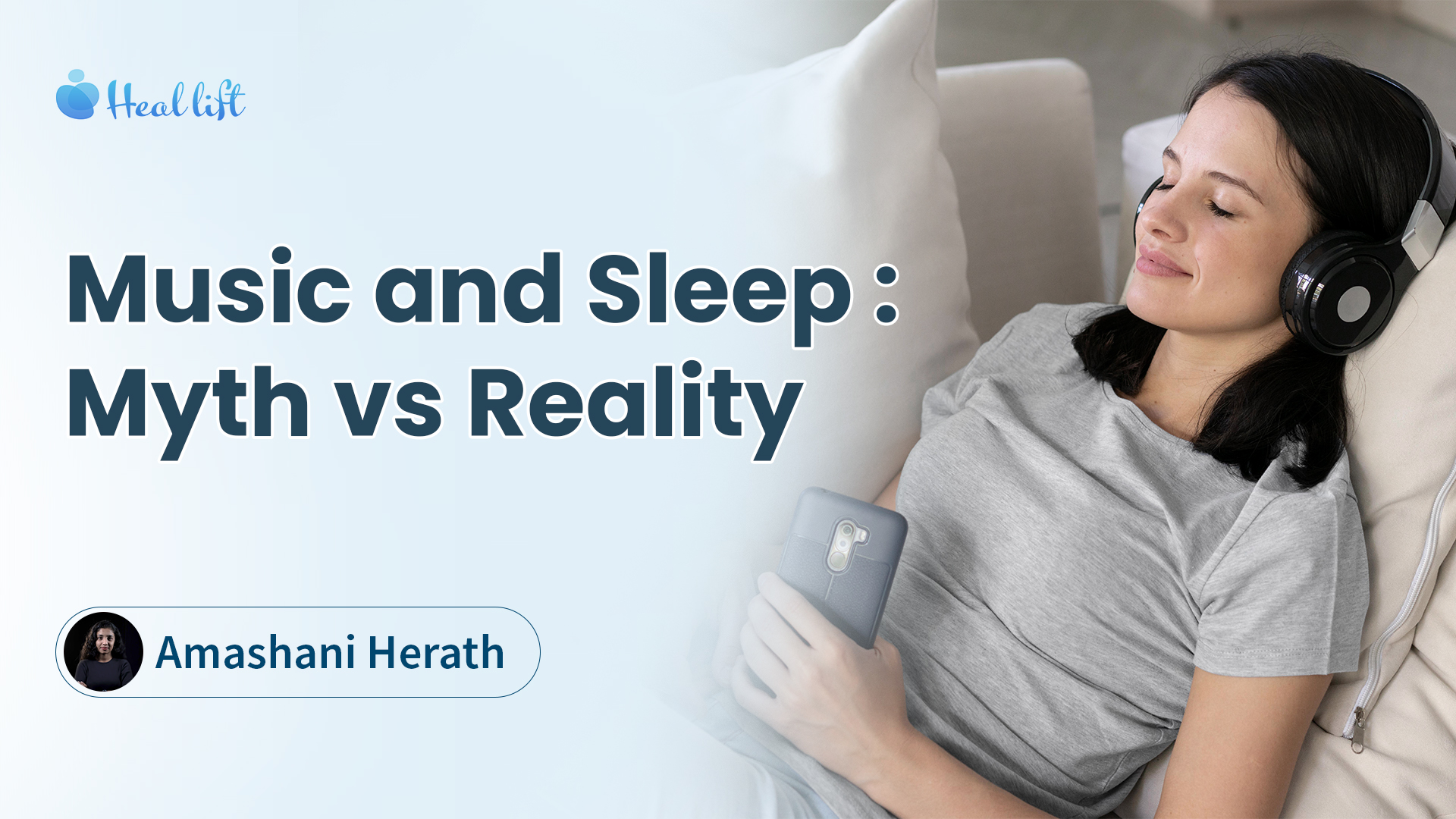Amashani Herath
-
03 Mar 2024
Music and Sleep : Myth vs Reality
Mechanisms and Psychology behind Sleep
Clusters of sleep-promoting neurons in many parts of the brain become more active as we prepare for bed. Neurotransmitters, nerve-signalling chemicals, can "switch off" or dampen the activity of cells that signal arousal or relaxation. GABA, associated with sleep, muscle relaxation, and sedation, plays a crucial role. It's now understood that the control mechanisms for REM and NREM sleep are anatomically distinct. REM sleep is governed by a single system in the pons, but NREM sleep is regulated by numerous systems, including critical neuronal groups in the basal forebrain, hypothalamus, midbrain, pons, and medulla.
Scientific Mechanisms of Sleep and Music
Listening to music before bedtime offers a multifaceted approach to promoting better sleep. Firstly, music has been shown to decrease stress hormones such as cortisol, helping to reduce alertness and facilitate a more relaxed state conducive to sleep. Delving deeper into the chemistry of sleep and music, the ideal "hertz rate" (which typically refers to frequency) to induce sleep can vary depending on individual preferences and sensitivities. However, generally, frequencies in the range of 60 to 90 hertz (Hz) are associated with deep sleep and relaxation. In terms of brainwave frequencies, delta waves, which typically range from 0.5 to 4 Hz, are dominant during deep sleep stages and are conducive to restorative sleep.
Therefore, music or sounds with frequencies in this range, such as slow, rhythmic beats or ambient sounds, may help promote sleep. Additionally, frequencies associated with alpha waves (8 to 12 Hz) and theta waves (4 to 8 Hz) are also linked to relaxation and may aid in facilitating the transition to sleep. Furthermore, the release of dopamine caused by music can boost happy sensations and relieve discomfort, fostering a sense of well-being before bedtime. Music also has a soothing effect on the autonomic nervous system, leading to slower breathing, a lower heart rate, and reduced blood pressure, all of which contribute to a more relaxed physiological state conducive to falling asleep.
Moreover, music can serve to drown out disruptive noises and distract from anxious thoughts, creating a more peaceful environment for sleep. Finally, the slow, rhythmic qualities of deep sleep music can induce relaxation by slowing down brainwaves, decreasing the frequency of beta waves associated with wakefulness, and increasing alpha and theta waves associated with relaxation and sleep.
In summary, incorporating music into your bedtime routine can offer a comprehensive approach to promoting better sleep by addressing both physiological and psychological factors that impact sleep quality.
Myths and Reality Between Sleep and Music
Myth: Any music can help you sleep.
Reality: While music can be beneficial for sleep, not all music is conducive to relaxation and sleep. Slow, calming music with a gentle rhythm is generally more effective at promoting relaxation and sleep compared to loud or fast-paced music.
Myth: Listening to music while you sleep can cure insomnia.
Reality: Insomnia is a complex condition with various underlying causes, and music may not address all of them. While music can help some people fall asleep more easily, it's not a guaranteed cure for insomnia.
Myth: Classical music is the best genre for sleep.
Reality: While classical music is often recommended for relaxation and sleep, individual preferences vary. Some may find classical music soothing, while others may prefer ambient, natural sounds, or other types of instrumental or vocal music.
Myth: Music with lyrics can disrupt sleep.
Reality: Music with lyrics can be distracting for some people, especially if the lyrics are engaging or emotionally charged. However, others may find comfort in familiar songs or lyrics, which can help them relax and fall asleep.
Myth: You should listen to music at a low volume to sleep better.
Reality: The ideal volume for sleep music can vary from person to person. Some may find a low volume more relaxing, while others may prefer slightly louder music to drown out background noise. It's essential to find a volume that is comfortable and conducive to relaxation.
Myth: Listening to music is the only way to incorporate music into your bedtime routine.
Reality: While listening to music can be beneficial, there are other ways to incorporate music into your bedtime routine, such as singing, playing an instrument, or humming a soothing melody. These activities can help relax the mind and body before sleep.
In conclusion, while music can significantly impact relaxation and sleep quality, it's crucial to separate myths from realities in their interaction. Recognizing that not all music promotes sleep equally and understanding that it may not be a cure for complex sleep disorders like insomnia is essential. Individual preferences vary, so what works for one may not work for another. By dispelling myths and embracing realities, individuals can explore the benefits of incorporating music into their bedtime routine while acknowledging its limitations. Finding the right balance and approach requires experimentation to discover what works best for each person.


